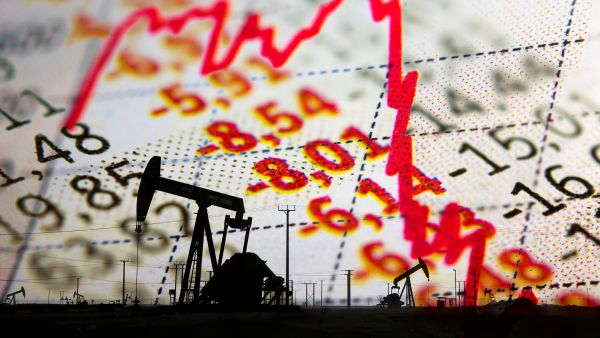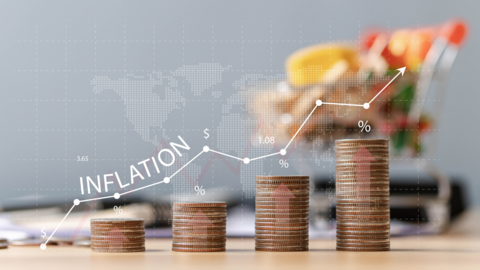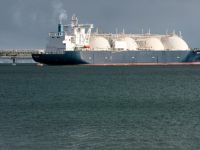At a time of extreme economic volatility in the world, tracing changes across different regions offers valuable guidance into what can be done to stabilize the global economy, especially when crises are triggered by non-economic reasons.
Currently, fears of a prolonged economic crisis across the globe continue as inflation, unemployment, and currency devaluation keep soaring in different parts of the world.
Yet, several economies around the world are reacting differently to such hard times, due to variances in resources and policies.
If we were to take a look at the reasons behind the 2022 inflation, we would definitely name the Russian war in Ukraine, the slow economic recovery post the COVID-19 pandemic, in addition to spiking oil prices.
In the oil-rich part of the Middle East, soaring oil prices have supported the GCC economic recovery since the start of 2022.
According to the International Monetary Fund (IMF), GCC economies are expected to grow by 6.4% in 2022, compared to 2.7% in 2021.
This jump in economic growth has been greatly linked to the region's exports of gas and oil at a time both commodities are in demand on a global level. By June 2022, MENA contracts of oil and gas increased by 62%, and the number is expected to grow even higher by the start of winter months in the global north. By Q2 2022, oil revenues in Saudi Arabia spiked by 89%, reaching $66 billion.
According to a report by the Kuwait-based Kamco Invest Research based on IMF figures, inflation in GCC countries is projected to be around 3.1% in 2022, which is quite low when compared with the world's biggest economies, namely the UK's 13%, and the US's nearly 8%.
In July 2022, Saudi Arabia's consumer price index grew by 2.7% and the central bank of the UAE expected inflation to reach 5.6% in 2022.
Qatar's inflation rates rose by 4.98% by July 2022, while Kuwait's inflation rates hovers around 4.3% in 2022. Bahrain's inflation during the same month reported a 3.9% rise. Meanwhile, Oman stands at around 2.9%.
While the oil wealth is no doubt helping the Gulf region minimize the consequences of the global economic crisis, the careful yet consistent resumption of economic activities post the pandemic has had a positive impact on non-oil sectors. For example, the UAE’s non-oil trade has risen by 17%. Bloomberg has also reported noticeable growth in the Saudi non-oil sector, which reached a 10-month high last August.
Such figures point to growing success in the GCC's efforts to diversify its economies, which have for long been considered highly reliant on oil exports, meaning the region's countries will be significantly more resilient and stable amid upcoming crises.









